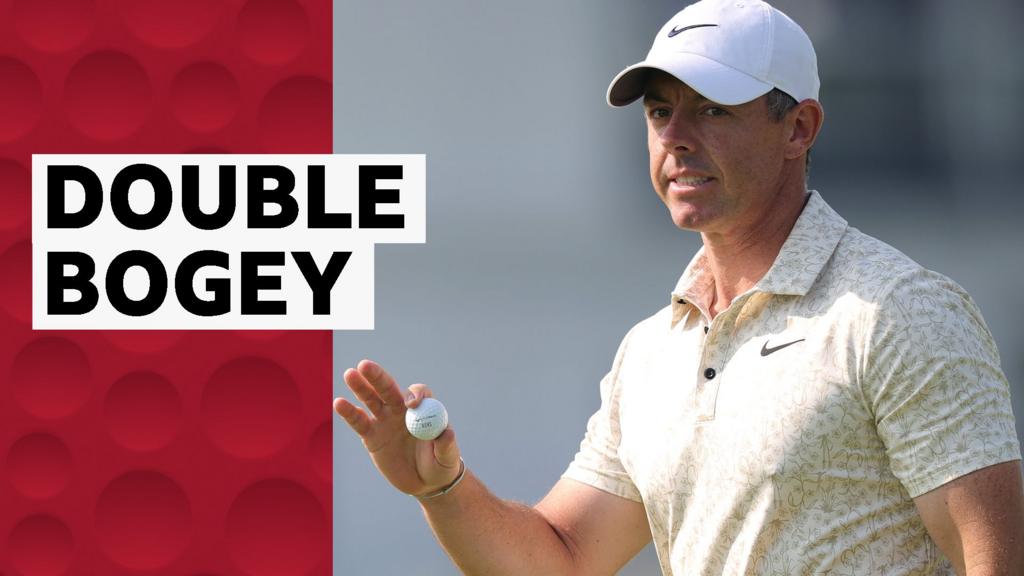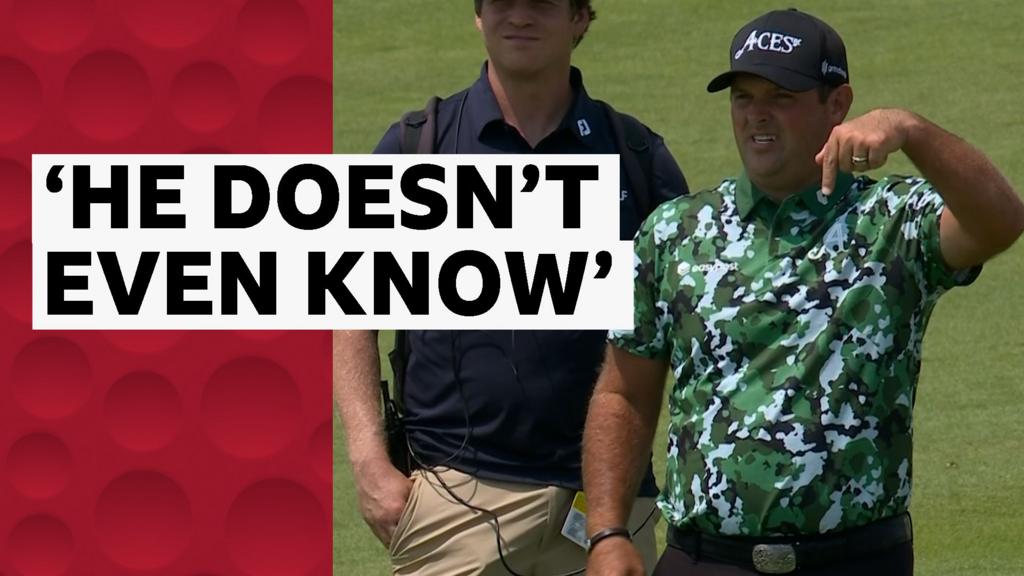ARTICLE AD BOX
Dave Ryding, Britain's most successful alpine ski racer, is to retire at the end of the 2025-26 season.
Known as 'the Rocket', in 2022 slalom specialist Ryding became the first British alpine skier to win World Cup gold.
Earlier this year, he sealed the nation's best men's World Championship result since 1934 by finishing sixth.
February's Milan-Cortina Winter Olympics will mark 38-year-old Ryding's fifth and final Games.
"I'm committed to doing one more year all in and seeing what we can achieve," he told BBC Sport.
"Everything feels right now to draw a line after the Olympics while my body's good. I'm still at the top of the sport and still able to compete with the best, I still feel I can go all in.
"I sit here with no niggles, no pains in my body, which is really rare in skiing.
"I don't want the legs to fall off, it's not fun if the legs fall off mid-season. So while I still can, I'll do all I can to be the best in the world."
To date, Ryding has achieved seven World Cup podium finishes, capped by his historic gold in the Kitzbuhel slalom.
In the aftermath of that race, Ryding said he had "never stopped believing, never stopped trying" - encapsulating his "Northern grit" and determination to rise to the top of the sport, despite the odds being stacked against him.
Unlike most of his global peers, Ryding was not brought up on snow.
His first experience of skiing came as a six-year-old on a plastic dry slope in Pendle, Lancashire, while he did little training on snow until he was 13. He continued to race on the dry into his early twenties.
He had a late breakthrough to the top circuit of the sport, earning his first World Cup points just a few weeks shy of his 26th birthday and not adding any more until two years later.
It was in Kitzbuhel, Austria, that he stood on a World Cup podium for the first time with silver in 2017, while his most recent medal, a bronze, came in Madonna di Campiglio, Italy, in December 2023.
His best finish at the Olympics is ninth at Pyeongchang 2018, but Ryding feels he has "left something on the table" at the Games, where he will be watched by his nearly three-year-old daughter, Nina.
"I think ninth is not a true reflection of my ability," he said.
For one last season, Ryding will train with British team-mates Billy Major, 28, and Laurie Taylor, 29. They have big boots to fill, but follow tracks that have taken British skiing to a whole new level.
"Hearing kids openly and talk normally about World Cup podiums, it almost makes me laugh, because this is nuts," said Ryding.
"I don't necessarily go to a race thinking of podiums, but the next generation are certainly thinking that.
"The belief that I've given to the next generation, I absolutely see it, and I'm really excited to see what that becomes for the next 20 years."
Dave's achievements in alpine skiing are an ode to his dedication, his perseverance and the passion that he has put into the grind, because he works incredibly hard.
But his legacy in our sport supersedes his results. It's more about the spark of belief that he has ignited in the next generation.
He's given young people from Britain the belief that they don't have to follow the model of coming from a wealthy background, skiing their whole life, to be the very best.
He fought a huge amount of adversity growing up, he dedicated his life to Pendle dry ski slope and that's where he got the graft and the passion. And he only really went on to World Cup level in his twenties, which is unheard of in our sport.
We always say you need a massive amount of volume on snow. But he made a new path.
Historically in sport, we think that you've got to tick certain boxes along the way. Dave ticked the biggest box in our sport by winning in Kitzbuhel and he got there all of his own accord and all in his own way.
I think that is the legacy I want him to be remembered for. It shows that our sport can be a lot more inclusive than people give it credit for.

 1 day ago
11
1 day ago
11








 English (US) ·
English (US) ·